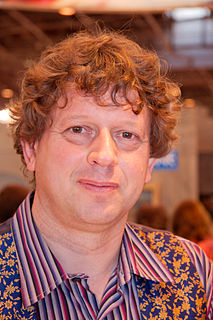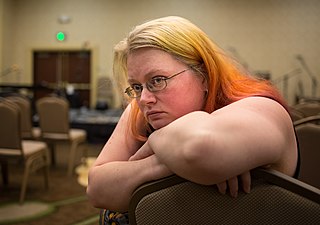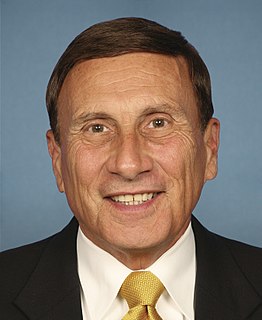A Quote by Peter F. Hamilton
How many twenty-second-century bureaucrats did it take to change a light panel? We'll have a sub-committee meeting and get back to you with an estimate.
Related Quotes
He glanced back at the wall. How like a mirror, too, her face. Impossible; for how many people did you know who reflected your own light to you? People were more often--he searched for a simile, found one in his work--torches, blazing away until they whiffed out. How rarely did other people's faces take of you and throw back to you your own expression, your own innermost trembling thought?
Life would go out in a 'fraction of a second' (that was the phrase), but all night he had been realizing that time depends on clocks and the passage of light. There were no clocks and the light wouldn't change. Nobody really knew how long a second of pain could be. It might last a whole purgatory--or for ever.
How?" I had seen it with my own eyes, but I still didn't believe it. Then something struck me. "Take off your shirt!" "I'm not that kind of guy!" He frowned thoughtfully. "On second thought, why not?" I blushed angrily and looked at Raquel. "What is he? I don't see anything!" "He's not 'anything'.Just a talented boy." "Then how did he make a door? How did he get through the Paths?" "Wait,so am I allowed to put my shirt back on? Or did you want me to remove my pants,too?" Lend and I joined forces in a dark glare. "Only if you want me to vomit," I snapped.
If you are serious about your religion, if you really wish to commit yourself to the spiritual quest, you must learn how to use psychochemicals. Drugs are the religion of the twenty-first
century. Pursuing the religious life today without using psychedelic drugs is like studying astronomy with the naked eye because that's how they did it in the first century A.D., and besides
telescopes are unnatural.
There's this Indian fellow who worked out a cycle like the idea of stone-age, bronze-age, only he did it on an Indian one. The cycle goes from nothing until now and 20th century and then on and right around the cycle until the people are really grooving and then just sinks back into ignorance until it gets back into the beginning again. So the 20th century is a fraction of that cycle, and how many of those cycles has it done yet? It's done as many as you think and all these times it's been through exactly the same things, and it'll be this again.
There seems to be something in the zeitgeist, and maybe it's a function of - I'm no analyst, nor am I a psychologist - when you look at things and say, What if I could go back and change things? I think we live in a world right now where people are asking those questions a lot. What if we could go back and change what we did? How would we change the way we handled things in the Middle East, and how would we change things with the banking industry, and how would we change economic and educational issues?
It was the easiest thing in the world for Arya to step up behind him and stab him. “Is there gold hidden in the village?” she shouted as she drove the blade up through his back. “Is there silver? Gems?” She stabbed twice more. “Is there food? Where is Lord Beric?” She was on top of him by then, still stabbing. “Where did he go? How many men were with him? How many knights? How many bowmen? How many, how many, how many, how many, how many, how many? is there gold in the village?



































